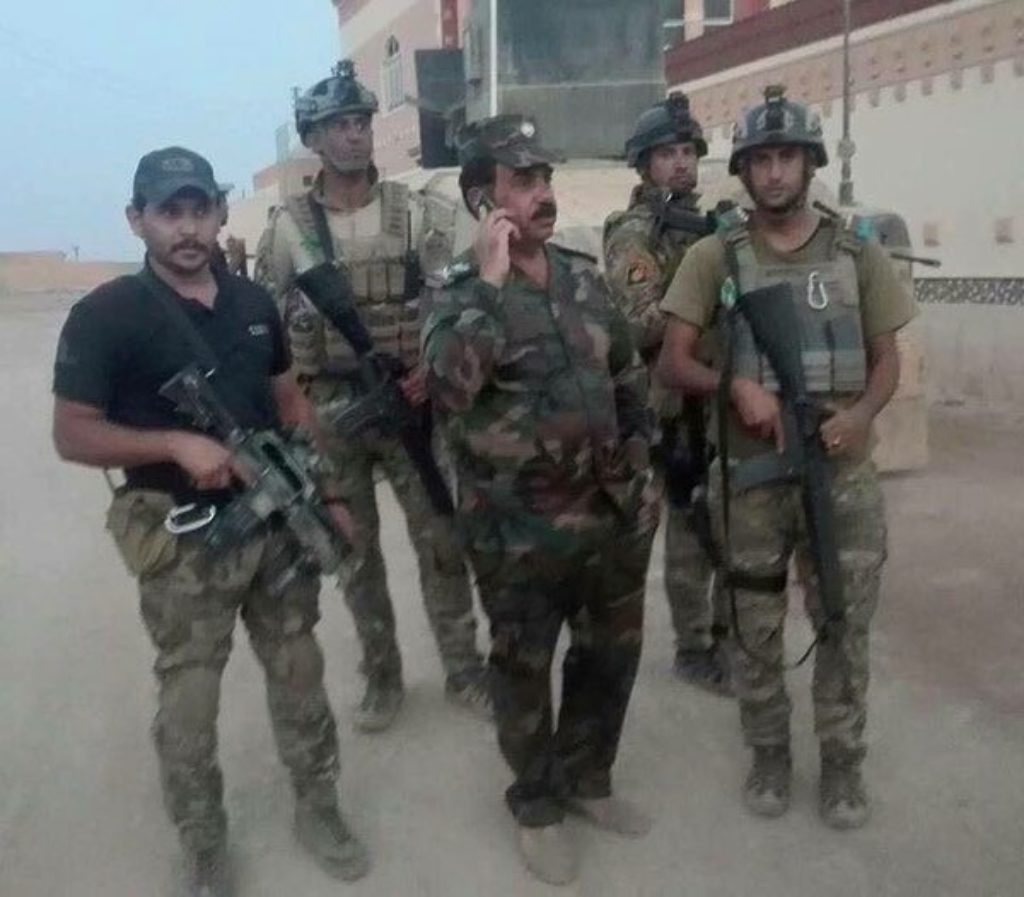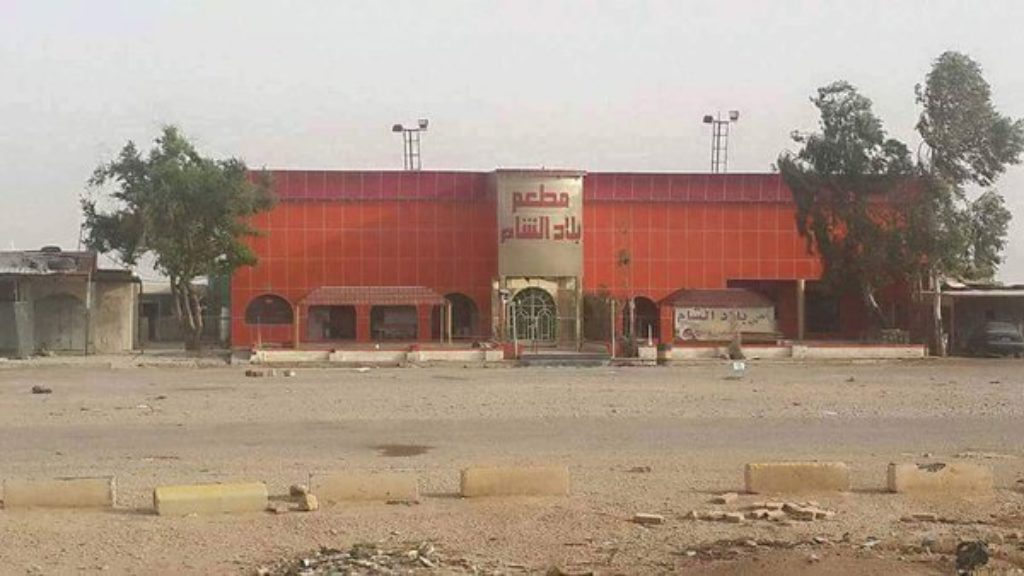The Iraqi military has claimed that it, along with “tribal forces,” have recaptured the western city of Rutbah. Rutbah sits within the desert and has long been an Islamic State stronghold.
After officially launching the operation yesterday, the military has reported its forces have entered the city and “liberated the city’s northern entrance.” Reuters has also reported that the military was able to penetrate the city from the south and take control of a district. The wire news service also quoteed an Iraqi military official as saying, “We expect we will be able to reach the center of Rutbah tomorrow morning.” The official says that the military “faced little resistance” in the town, but the Islamic State has claimed otherwise.
The Islamic State, via its Amaq News Agency, claims to have utilized two suicide bombers in recent days on Iraqi troops near Rutbah.
The Iraqi military said that Sunni tribal fighters have assisted in the effort to recapture the town. According to Ahl al Bayt News Agency, a Shia news site, the Iraqi Popular Mobilization Units (PMU’s) are also involved. However, as of publishing, it is unclear if the PMU forces taking part are Sunni units or the larger Shia militias which dominate the force.
In the last four days, the US has launched at least six airstrikes against Islamic State positions in or near Rutbah. On May 14, US CENTCOM reported that “four strikes struck an ISIL [an acronym for the Islamic State] tactical unit, an ISIL headquarters, an ISIL vehicle borne improvised explosive device (VBIED or suicide car bomb) facility, and an ISIL staging facility.” In the last two days, two airstrikes hit 10 fighting positions and another VBIED.
Rutbah is an important staging location for the Islamic State, as it allows the jihadist group to support operations throughout Anbar province. This includes operations towards the important centers of Ramadi and Fallujah and even the Al Waleed border crossing with Syria and the Trebil border crossing with Jordan. The jihadist group also maintained the “Sheikh Abu Ibrahim” training camp in Rutbah, which was popularized by the now infamous photo of Islamic State commander Abu Wahib.
Abu Wahib, who was the leader of the Islamic State’s forces in Rutbah and the wider Anbar province, was recently killed in a US airstrike. Abu Wahib, whose full name is Shakir Wahib al Fahdawi al Dulaimi, waged jihad in Iraq for more than a decade. He was detained by US forces in Ramadi in 2006 during the height of al Qaeda in Iraq’s insurgency. Wahib was sentenced to death and transferred to Tikrit Central Prison. In November 2012, he escaped along with 110 inmates after the Islamic State of Iraq assaulted the prison. By 2013, Abu Wahib emerged as the Islamic State in Iraq’s military commander for Anbar province. [See LWJ report, US kills Islamic State’s military emir for Anbar province.]
Rutbah was the scene of an Islamic State decapitation strike against the Iraqi military’s 7th Division in December 2013, when the group was still part of al Qaeda’s network. The Islamic State killed the commander of the Iraqi Army’s 7th Division, the commander of the 28th Brigade, and 16 officers and soldiers in a well-planned suicide attack. The decapitation strike put the Iraqi military in Anbar in disarray, and helped the Islamic State take over territory in the province.
The loss of Rutbah would severely hinder the Islamic State’s operations in Iraq’s Anbar province. The Islamic State has suffered major setbacks in Anbar over the past several months, losing Ramadi, the provincial capital as well as the nearby town of Hit. The Islamic State still controls Fallujah in the East as well as all of the towns west of Anah along the Euphrates River in addition to contiguous territory across the border in Syria.
Photos and videos from ISF in Rutbah:
Iraqi police reportedly in Rutbah:

A restaurant in a recaptured area of Rutbah:

Al Jazeera report showing Iraqi forces moving into Rutbah:
News report showing ISF near Rutbah:








1 Comment
Will they ever get standardized uniforms, much less not wearing a woodland pattern in a desert 🙂